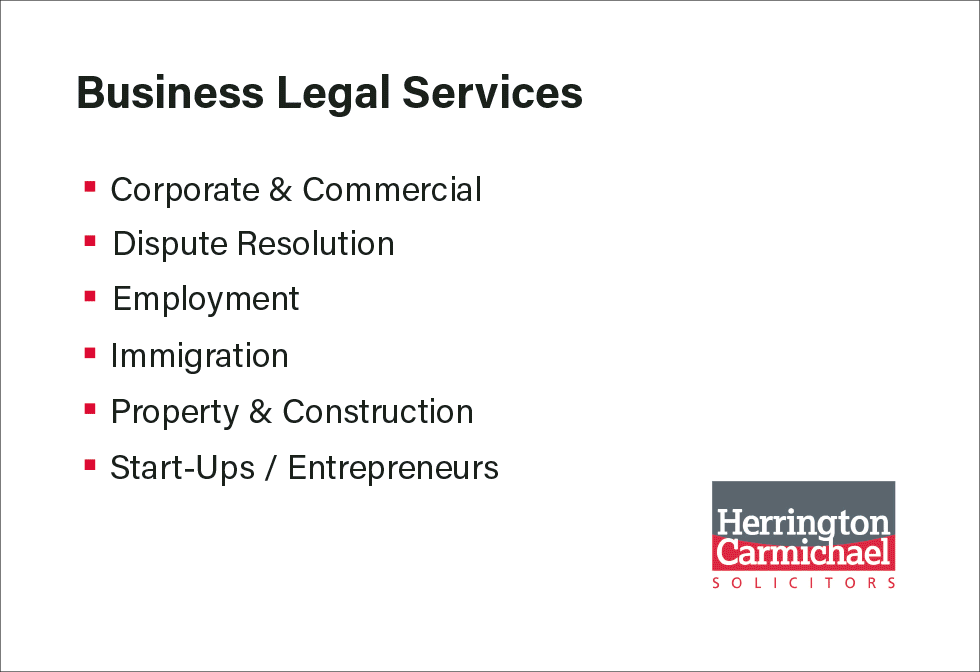Challenges and opportunities of Net Zero for the construction sector

Justin Moss, Partner and construction specialist at MHA outlines the challenges and opportunities of Net Zero for construction firms.
The journey to an integrated environmental, social, and governance (ESG) and Net Zero economy will prove to be the greatest business challenge of the decade. With risks and opportunities brought by climate change and other ESG factors, investors, consumers, capital providers, supply chains, colleagues and competitors are increasingly focusing on in decision making.
Industrial sectors, including construction, manufacturing, and engineering, with a heavy reliance on carbon intensive materials and processes, face significant challenges meeting the UK government’s net zero target by 2050; especially those in heavy industries and transport, known as “hard to abate”, due to the immense challenge of electrification and costs of transition. At COP26, global leaders agreed the Glasgow Climate Pact, securing a near-global net zero target, with over 90% of world GDP now subject to net zero commitments.
Many of these climate commitments (such as replacing diesel engines with batteries) create significant supply issues. Demand is likely to outstrip the availability of key components such as copper, lithium, nickel and other vital raw materials, potentially creating material business disruption for the industrial sectors to become net zero.
The medium (2030) to long-term (2050) carbon emissions reduction targets are in anticipation of future innovation, relying on technologies not currently available, or that are undeveloped and untested, such as green hydrogen and/or carbon capture. While many have begun to invest in innovation, technologies and materials that are more sustainable, there’s a lack of transparent funding, direction and education. Concerns over cost, availability, long-term performance, safety and future maintenance of new technologies, as well as the skills required to install or use them, mean tried and tested solutions still provide greater confidence and less risk at the moment. However, investors and financial markets are increasingly demanding a transparent and robust ESG strategic plan and credible transition plan to become net zero. While the challenges are great, the commercial and societal importance of ESG mean businesses must act now to ensure future compliance.
TOP 5 CONSIDERATIONS FOR BUSINESSES IN INDUSTRIAL SECTORS:
Governance: Climate change is a board level issue. Decide how you will allocate responsibilities between the board and management team to manage climate-related risks and opportunities. Consider if the board has the right skills to discuss and understand the meaning of Net Zero, the TCFD framework and scenario analysis, or if external training is needed.
Risk management: Perform a risk assessment on the impact of physical risks (such as changes in frequency and magnitude of weather events) on operations, employees, engineers and supply chain.
Identify critical stakeholders: Many companies have, or will disclose scope 3 emissions during the current reporting period, which will directly affect industrial businesses net zero journey. Speak to customers to understand their net zero journey.
Awareness: Ensure employees are aware of and understand your roadmap and what are the short, medium and long-term targets to become a carbon neutral & Net Zero organisation.
Focus on quick wins: Such as measuring scope 1 and 2 emissions!
WE CAN SUPPORT CLIENTS TO:
Ensure financial reporting is compliant with existing and emerging legislation such as streamlined energy and carbon reporting and TCFD and keep you abreast of emerging legislation such as Future Home Standard; and the potential impact to tax and finances.
Ensure governance, risk management and associated non-financial controls and data meet external reporting requirements including, where applicable, wider social and economic benefits.
Assess and meet voluntary reporting standards to aid stakeholder relationships and transparency on sustainability and climate change impacts.
Provide independent assurance across key non-financial metrics, providing greater transparency, trust and confidence with key stakeholders.
Contact MHA’s experienced ESG specialists by email at [email protected] or call: 01628 955915














